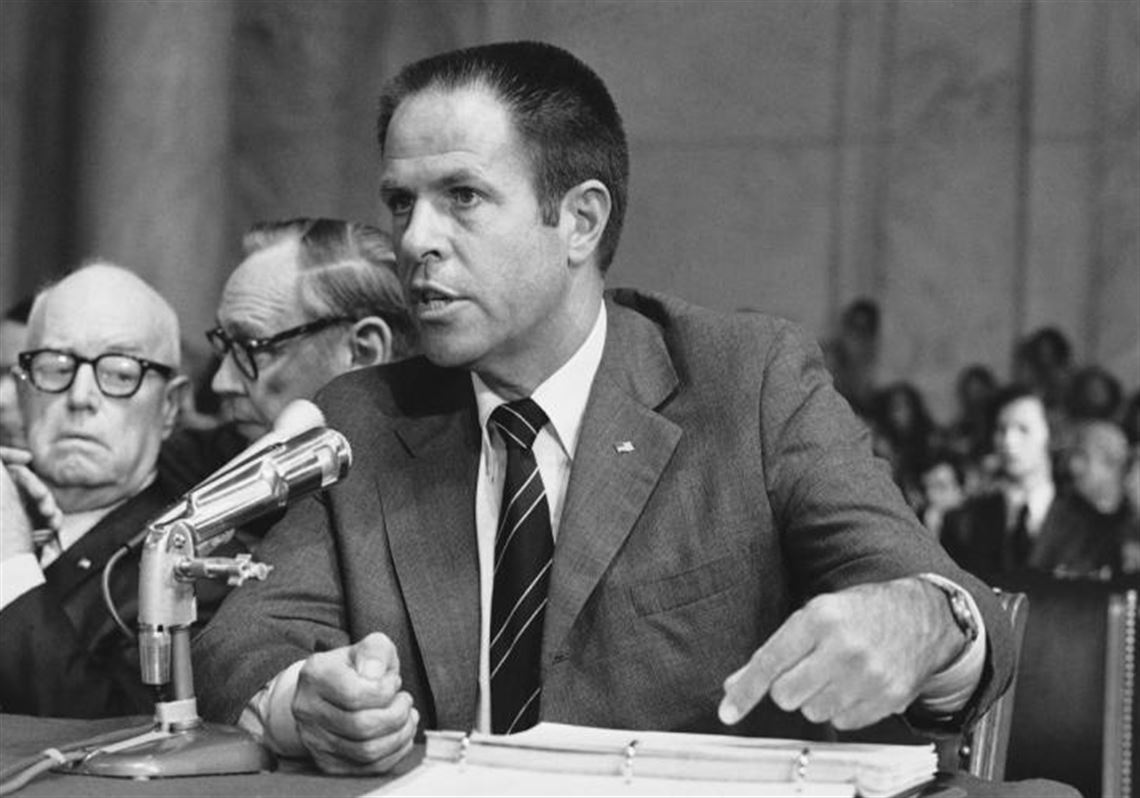February and
March 1973
While the actual break in at the Watergate didn’t occur until June 1972, the seeds of the scandal were planted in the early years of Nixon’s first term (and a case could be made they go back even farther).
Key Events
- Formation of The Plumbers
- The Pentagon Papers

“They’re gonna beat the (expletive) out of some of these people.”
–Bob Haldeman
<<November ’72 through Janaury ’73
April ’73>>
Sorry,You have not added any story yet
<<November ’72 through Janaury ’73
April ’73>>